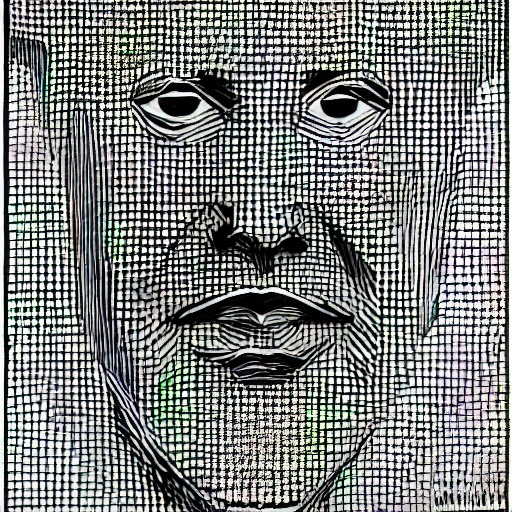Velvet Buzzsaw covered this topic goofily but it did bring up an interesting point. Posthumously denying a painter’s desire for privacy is a nearly voyeuristic act of greed. I haven’t read into this enough to know whether Goya wanted privacy, but it still reminded me.
If you think this topic is interesting, I highly recommend the game The Beginner’s Guide. It’s a full exploration of this specific idea.
The game is Wreden’s follow-up to the critically praised The Stanley Parable
I can’t say I’m not intrigued by a full game created to even further express the nuanced relationship between artist and viewer.
It’s pretty short, only ~3 hours, so you may consider waiting for a sale. But I still think about it 5+ years later, on the same level as Dear Esther, Braid, One Shot, or Undertale.
nearly voyeuristic act of greed
Uh, no. Saturn is in the Museo del Prado. Society is immeasurably richer for it. Kafka wanted his stories burned when he died. Good thing his executor just ignored him.
“My desire to pretend I’m a cultured intellectual for profit is more important than the privacy and explicit wishes of a dead person who trusted me.”
You have no right to anyone else’s private thoughts and creations.
Art exists separate from the artist. If Goya wanted to destroy it, he could have anytime while he was alive. Obviously he liked it a lot.
What, do you think his ghost is embarrassed that the world loves his secret paintings? This is some fake moralist privacy shit.
What, do you think his ghost is embarrassed that the world loves his secret paintings?
No, I’m just not an asshole who thinks I’m entitled to other people’s personal things.
I guess you’ve never heard that “good artists borrow and great artists steal”? I think some no talent bum, who never made great art, said that.
I keep saying this in court when dealing with copyright claims but it seems like it only works for rich people to steal others ideas and profit off them
Max Brod claimed he told Kaka he wasn’t going to burn his works and that he needed to appoint a different executor if he wanted that. We don’t have anything more than Brod’s word, but if it’s true, that makes it hard to feel bad about him getting Kafka published.
I would also add that Kafka did very much publish stuff when he was alive; he wasn’t a tortured genius writing in secret, he was like, writing short stories for the newspaper. He published a novella of his weird random ramblings on things. He was probably kinda known as the bug guy before he died.
Also like, some of his longer posthumously published books are very obviously not finished. I’d wager Kafka’s statement is less a tortured artist thing and more of a “this book straight up doesn’t have an ending why would you publish it” or “please don’t my editor is probably going to try and finish it” thing. Should you publish an author’s clearly unfinished work is a completely different question with different arguments
An astoundingly high proportion of museum pieces were collected by the museum as donations from people of wealth who sought to reduce their tax burdens, which makes me more suspicious rather than less. But I don’t know enough about Kafka’s executor or Goya’s intent to say whether anyone could be called greedy in either case, just a vaguely relevant thought from a middling movie.
This painting was never sold separate from the house. They guy who took it off the wall donated it. So there’s no valuation to donate.
This was the plot of the game The Beginner’s Guide (made by the same dev as The Stanley Parable).
Not sure how to do spolier text on Lemmy, but the basic premise is that some artists make creations for themselves and never intend to share them. Is the world entitled to your personal diary? Notes made on a notepad app? Internet searches? What constitutes art?
Art is a creative expression that makes you feel an emotion.
Subscribing for more weird art history facts
From Wiki: “In 1819, at the age of 72, Goya moved into a two-story house outside Madrid that was called Quinta del Sordo (Deaf Man’s Villa). Although the house had been named after the previous owner, who was deaf, Goya too was nearly deaf at the time as a result of an unknown illness he had suffered when he was 46.”
I’ve seen these paintings and had no idea about any of this. I also want more weird art history facts.
Artists really go all out on their goblin mode
It’s in the contract and rigorously enforced by the union. Clause 41, section 182: You must be at least this much goblin to art.
deleted by creator
I have recently had some great ideas for dark art that I make for myself but don’t want anyone else to see
This video talks about this very thoroughly
Removed by mod
Removed by mod
Removed by mod
Removed by mod






